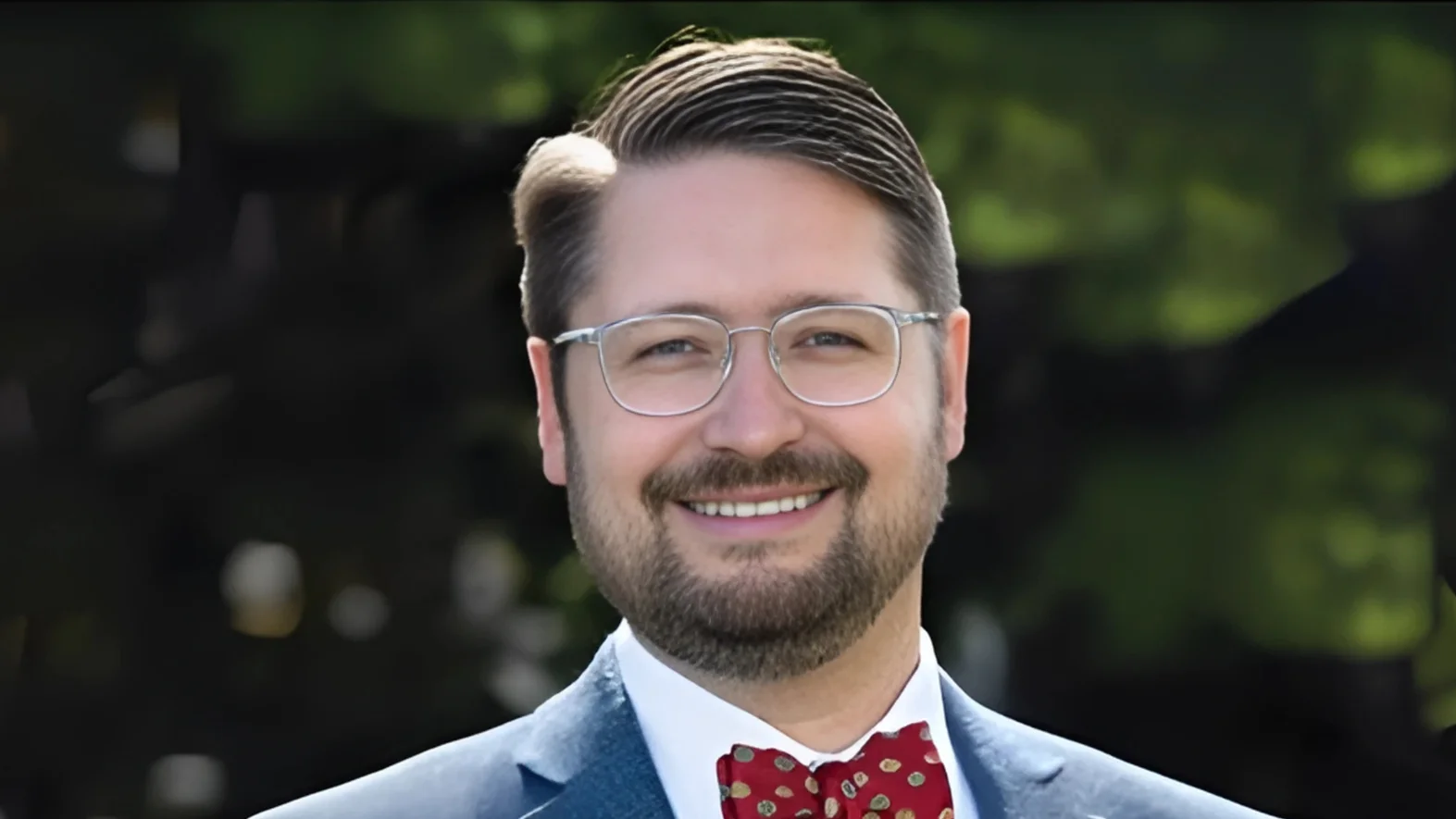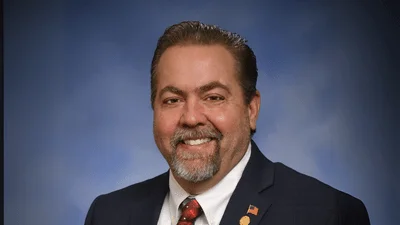Nathan Triplett, President at ACLU of Michigan | ACLU of Michigan
Nathan Triplett, President at ACLU of Michigan | ACLU of Michigan
The ACLU of Michigan and the Michigan Immigrant Rights Center (MIRC) have distributed legal guidance to law enforcement agencies across Michigan, advising them on their responsibilities regarding immigration enforcement. The organizations urge local police to avoid participating in federal immigration actions, arguing that such involvement can undermine public safety and lead to potential legal issues.
The guidance addresses challenges faced by agencies due to practices like ICE detainers and 287(g) agreements, which allow local officers to act as federal immigration agents. According to the groups, these practices can divert resources from core public safety functions and may compromise constitutional protections.
The updated guidance emphasizes that local law enforcement is not required to participate in federal immigration enforcement. It warns that when local police become involved in such activities, it can deter noncitizens from reporting crimes or acting as witnesses out of fear of detention or deportation. The document also highlights the risk of civil rights violations if officers rely on factors such as race or national origin during investigations related to immigration status.
Key recommendations include advising departments against entering into 287(g) agreements with ICE, limiting questions about immigration status unless relevant to criminal cases, accepting multiple forms of identification including foreign driver’s licenses, avoiding prolonged traffic stops for immigration checks, using appearance tickets for minor offenses, providing incarcerated individuals with consent forms before ICE interviews, and not relying on federal agents for interpretation services.
Miriam Aukerman, senior staff attorney for the ACLU of Michigan, stated: “The Trump Administration is attempting to coerce local police to participate in creating an immigration dragnet that separates families and tears apart communities. But a basic principle of our constitutional structure—something we learned in fifth grade civics—is that the federal government doesn’t get to decide what local governments do. When local law enforcement gets entangled in immigration enforcement, it undermines public safety. It also exposes local government to tremendous legal liability.”
Christine Sauvé, Policy, Engagement, and Communications Manager at MIRC added: “We all want to live in safe communities but we don’t have to sacrifice our rights or those of our neighbors to achieve that. We increasingly hear from clients about overreach of local law enforcement that ends with calls to ICE, and we’re concerned about the expansion of 287(g) agreements that recklessly deputize local officers as immigration agents. Following the guidance we’re sharing can instead help reduce fear, engender trust, and ensure public safety.”
Washtenaw County Sheriff Alyshia Dyer commented: “As Sheriff, my focus is on public safety not on carrying out a political agenda driven by a national obsession from the White House to push federal agencies to deport as many people as possible. It’s not okay and quite frankly, it's disturbing. Immigrants are human beings, not mere statistics to meet some quota,” said Washtenaw County Sheriff Alyshia Dyer. “Many local police want no part of this. When people in our community are too afraid to call 911, it puts everyone at risk. Building trust is essential to effective policing at the local level, and 287(g) agreements in particular threaten the trust we’ve spent decades working to build at the local level.”
Eli Savit, Prosecuting Attorney of Washtenaw County said: “I want to underscore that this is a situation in which we have victims of crime that are more afraid of their government than they are of a person that harmed them – they are not showing up to court and they are not serving as witnesses. In some cases that means the cases have to be dismissed, and that's the tip of the iceberg."
Jessica Glynn from YWCA Kalamazoo said: “When survivors know that local police are here to protect them, not to deport them, they come forward. They testify. They help put violent offenders behind bars. That protects every single one of us.”




 Alerts Sign-up
Alerts Sign-up